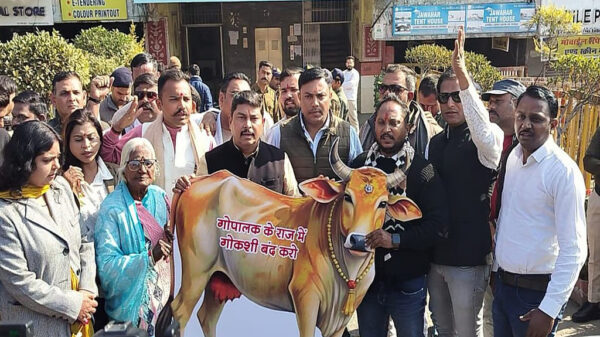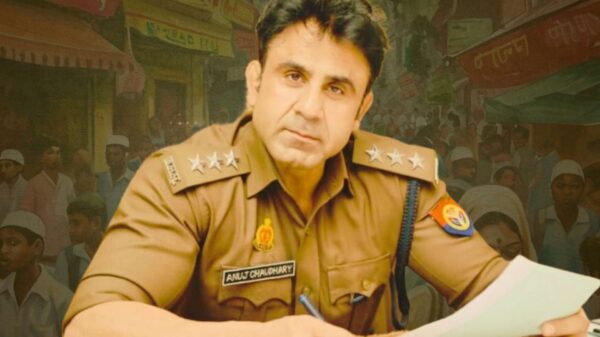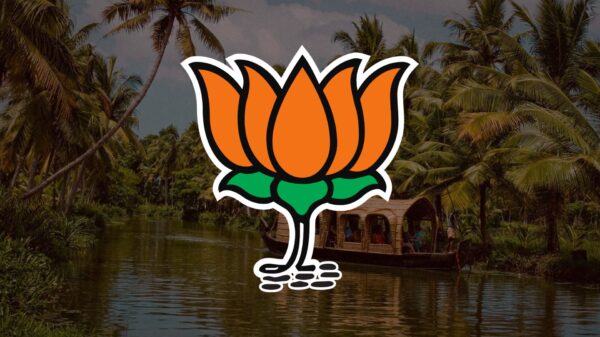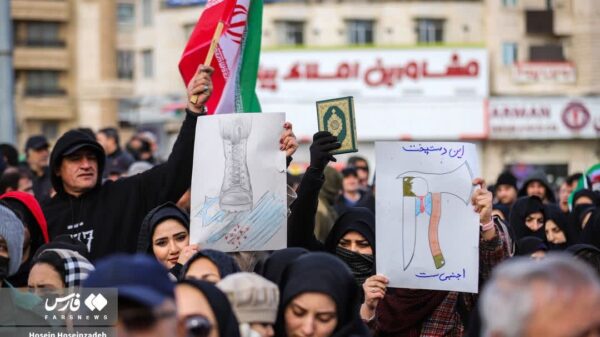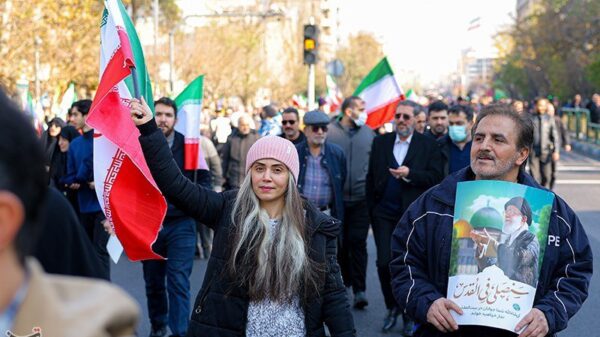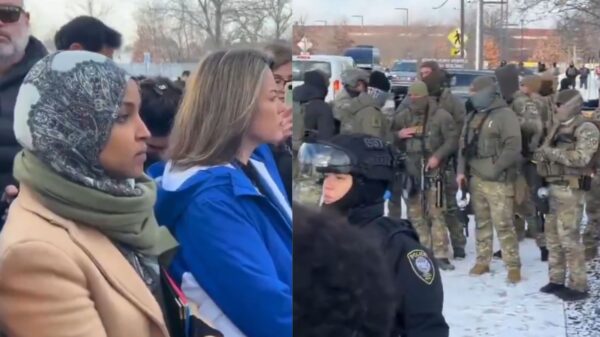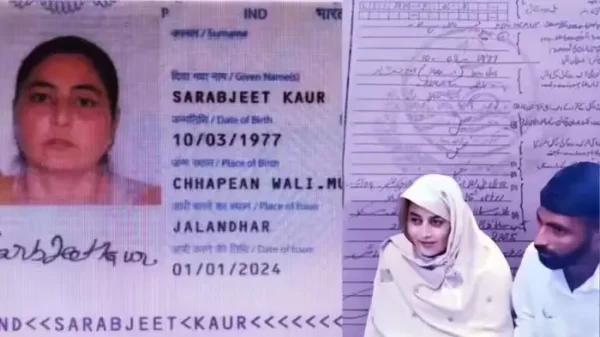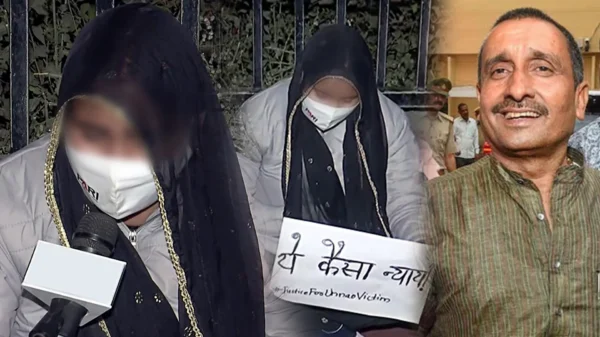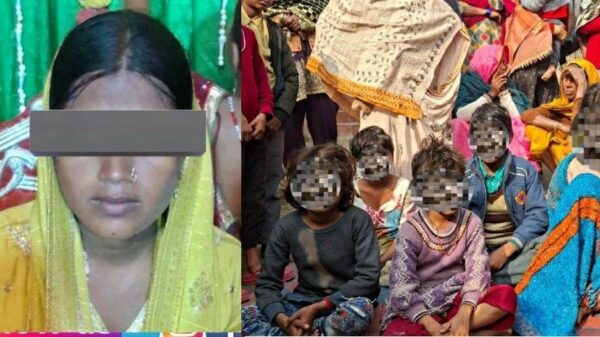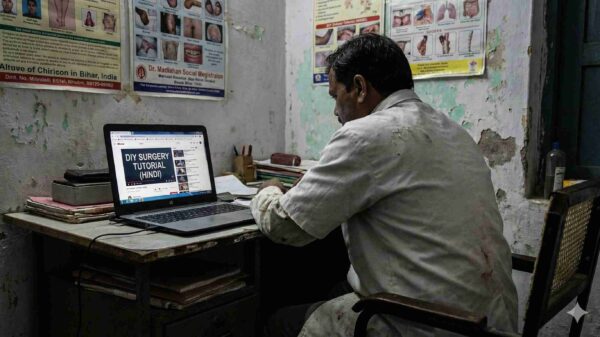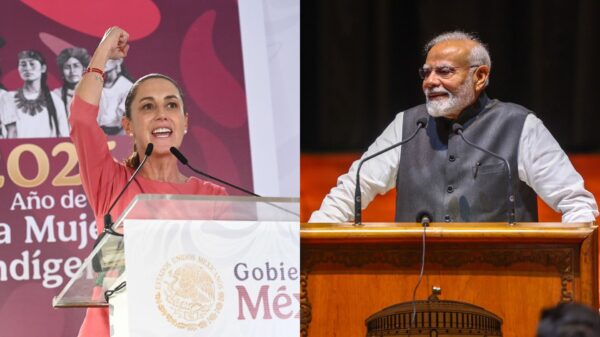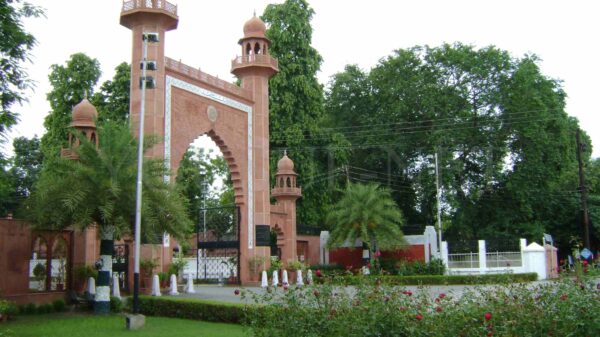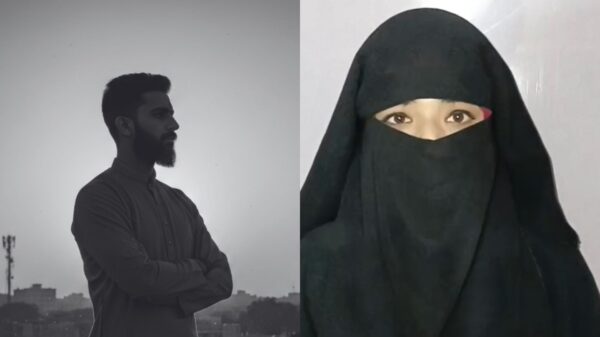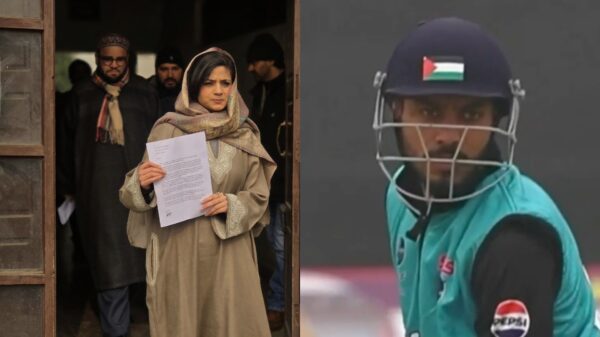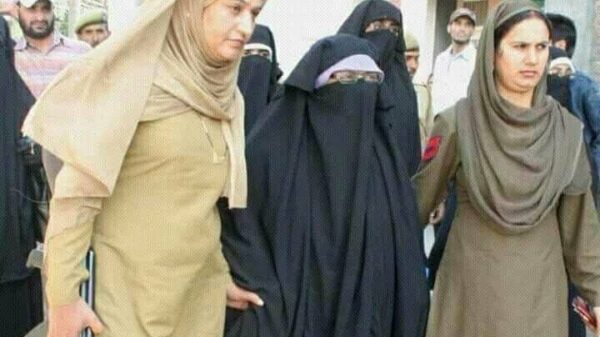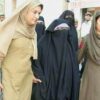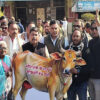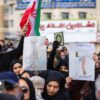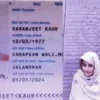Since early June, Assam has seen a troubling rise in hate speech, violence, and state-led evictions targeting Bengali-speaking Muslims, according to a new report by the Center for the Study of Organized Hate (CSOH). The report says the state’s actions are part of a wider campaign to remove so-called “illegal Bangladeshi immigrants,” but in reality, it is targeting an entire community.
According to the report, Assam Chief Minister and senior BJP leader Himanta Biswa Sarma has played a major role in pushing this campaign. On May 28, he announced a plan to issue gun licenses to “indigenous” people living in remote areas near the Bangladesh border. He named five districts with large Muslim populations as areas of concern, claiming the move was needed to deal with “threats from hostile quarters.”
On June 9, in a public speech, Sarma accused “newly arrived” Muslims of using beef consumption and the call to prayer as tools to force Hindus to leave. Then, during a state event in Darrang on July 21, he referred to Bengali-speaking Muslims as “suspected Bangladeshis.” He also said reclaimed land from Muslims was being put to better use and went so far as to say he wanted the situation in Assam to be “explosive.” He added that Assamese people would survive only if they were armed.
His comments were echoed by Shrinkhal Chaliha, the leader of the ethnonationalist group Bir Lachit Sena, who threatened that his group would carry out evictions themselves if the police did not act.
CSOH says this entire campaign, carried out by the state machinery, Hindu nationalist groups, and local ethnonationalist organisations, also serves as a distraction from the “Gir Cow Scam.” This is a major corruption controversy involving BJP leaders linked to a government-backed dairy project in the state. The scandal has led to public protests and could affect the BJP’s image before the 2026 elections.
Between July 9 and July 30, India Hate Lab recorded 18 rallies across 14 districts in Assam. Many of these rallies were supported by BJP leaders or members and featured hate-filled speeches, public praise for violent evictions, and calls for more demolitions. Protesters even carried bulldozer cutouts, celebrating the destruction of Muslim homes and businesses.
In Jonai, Dhemaji, BJP supporters held a rally thanking Chief Minister Sarma for the evictions. In Golaghat, Jorhat, and other areas, crowds chanted slogans like “Bangladeshis go back” and “evict Miyas.” BJP MLA Rupjyoti Kurmi from Jorhat called Bengali Muslims “suspected citizens” and accused them of trying to change Assam’s politics by marrying “more than ten women.” Assam Minister Jayanta Malla Baruah, who is also named in the Gir Cow Scam, compared those against the evictions to the Muslim League and claimed people posting against the evictions online were Bangladeshis in disguise.
In many places, groups even demanded that Muslims who were recently evicted not be allowed to resettle nearby. People used the word “Miya” as a slur and accused Muslims of “polluting” Hindu areas and threatening Assamese culture. These labels, the report says, are being used to justify violence and discrimination.
India Hate Lab also reported nine cases of direct violence and harassment between July 19 and July 30. In Chapaidang, Muslim workers were beaten and their homes attacked. In Kaliabor, members of Bir Lachit Sena stopped Muslim families from staying with relatives. In Mariani, the group went door-to-door checking ID cards of Bengali-speaking Muslims. In Dergaon, Golaghat, another group forced a landlord to evict his Muslim tenants, claiming it matched the Chief Minister’s vision.
In the past month alone, five major demolition drives have taken place. On July 8, over 1,600 families were evicted in Dhubri for an Adani thermal power project. On July 12, in Goalpara, more than 1,000 homes and a mosque were destroyed. Five days later, on July 17, when people protested the eviction, police opened fire, killing one and injuring several others. On July 26, a mosque and other structures were demolished in Dima Hasao under the claim of clearing forest land. On July 29, over 250 Muslim homes were torn down in Uriamghat. Victims said only Muslims were targeted.
Videos of rallies, evictions, and assaults have been widely shared on Facebook, Instagram, and X. India Hate Lab’s review of this content found that social media played a key role in spreading hate, while platforms did little to remove or flag the harmful material, despite it clearly violating their own policies.
The report recommends that the Assam government stop all demolition and eviction drives targeting Bengali-speaking Muslims and ensure fair treatment and resettlement of affected families. It urges the National Human Rights Commission to investigate the human rights violations and asks the Election Commission to look into how evictions and hate speech are being used politically ahead of the 2026 elections.
The report also calls on the courts to take action to protect minorities in Assam and urges social media platforms like Meta, X, YouTube, and Telegram to remove hateful content, especially in Assamese and Bengali languages. Platforms are also encouraged to flag state-sponsored hate speech and cooperate with civil society to prevent offline violence.






